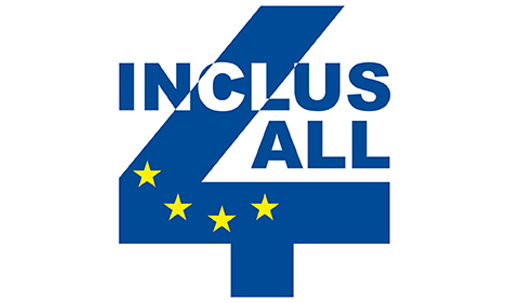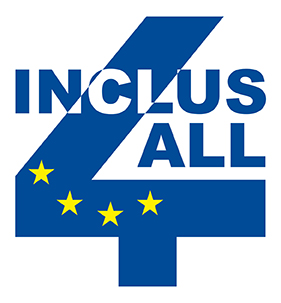Project
Erasmus + KA201
Inclus 4 All

ERASMUS + projects promote work partnerships between teams from different countries.
CREENA, (Special Education Resource Center of Navarra), the Inclusion Bureau, the Department of Education of Navarra and school groups from Italy (Istituto Comprensivo 1 de Módena) and Portugal (Agrupamento de Escolas de Vilela) will collaborate to carry out a KA201 of Educational Innovation that entails the creation of intellectual products
These intellectual products will materialize in the development of a teaching guide and a MOOC, which help teachers to initiate and develop global transformations in educational centers.Those transformations pursue a correct educational inclusion for the Attention to Diversity of all students.
It is the first time that Navarra has been awarded a project in this category in the modality of School Education.
Why are we doing this Erasmus + Project?
The four partner teams have started a journey until September 2021 which will take us, during three school years, to know different national and international educational experiences, different environments and countries, new people with whom we are united by the illusion for inclusive education, innovative projects and many more things that we will surely discover.
This project will take us from our daily environment to a work and life experience that will culminate, we hope, in a global transformation of our educational centers towards inclusive learning environments in the broad sense of the word.
We started this project because we understand Educational Inclusion as the sum of three requirements that must be met in the centers that are defined as
“Inclusive educational centers” :
Presence • Participation • Learning
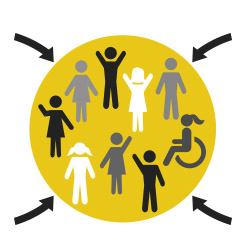
Presence
- Functional diversity
- Multiculturalism
- Religion
- Gender
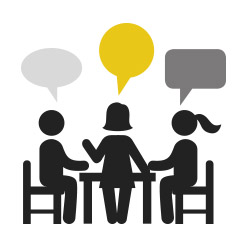
Participation
- Teaching staff
- Student body
- Families
- Community
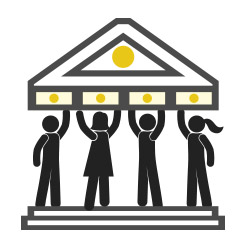
Learning
- To be
- To know
- To do
- To live together
Purposes of education. Learning environments and society
The aims of education are and should be to ensure that all girls and boys who are in compulsory school, obtain in return benefits that allow them to fully integrate into society, with the ability to actively participate, make decisions freely and not be manipulated.
Learning can take place in regulated environments or not, there is learning both outside and within schools and institutes. However, education is planned, it is a reflection of society and therefore according to what social and cultural model is used, this is how education will be organized.
Partner teams live in democratic countries. If a society is defined as democratic, it must guarantee that decisions are taken freely, since if there is no knowledge about some issues and also, one does not know how to distinguish between what is true or what is a lie, the decisions that are made cannot they will be free and therefore society will not be democratic. In this project, promoting egalitarian dialogue in educational centers will be a fundamental piece. All voices will be heard, analyzed and taken into account for the elaboration of the intellectual products.
The people who make up the teams are moved by social equity and we are convinced that with this project, we contribute to achieve it. For all these reasons, the four partner teams started this project with enthusiasm, conviction and based on research and international recommendations from organizations such as UNESCO, the UN and the OECD.
ERASMUS+ KA201
- CREENA - Calle Tajonar 14, 31006 Pamplona, Navarra
- +34 848 43 12 30
- mlopezgi@educacion.navarra.es
